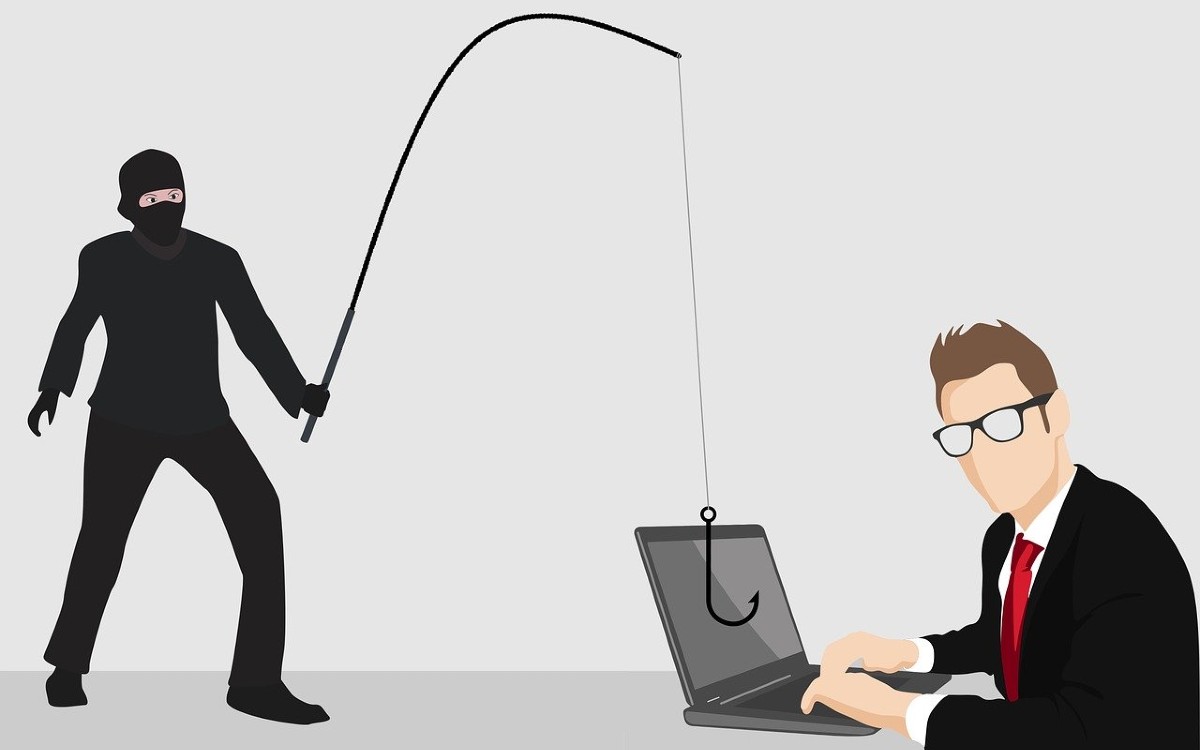With tax season in full swing, the S.C,Department of Revenue (SCDOR) reminds South Carolinians to be on the lookout for identity theft schemes.
According to the Federal Trade Commission, tax-related identity theft occurs when someone uses a Social Security number (SSN) and other personal data to file a bogus tax return and receive the refund.
The IRS warns taxpayers to look for the following signs of identity theft:
- Receiving a letter from the IRS or the SCDOR asking about a tax return you did not file
- Learning you cannot file a tax return online because of a duplicate SSN
- Receiving an IRS notice that an online account has been created in your name or an existing account has been accessed or disabled
- Receiving an IRS or SCDOR notice about collection efforts for taxes from a year you did not file a return
What should you do if you learn you are a victim of tax-related identity theft?
- If you receive a notice from the SCDOR or the IRS related to problems with your return, respond immediately by calling the number provided on the notice.
- If your return is rejected because of a duplicate SSN, complete Identity Theft Affidavits with the IRS and the SCDOR.
- If you believe someone filed a fraudulent return in your name, request a copy of the return from the IRS.
- Call the IRS Identity Theft Resource Center (1-888-400-5530) to receive free assistance from a victim advisor.
How to prevent tax-related identity theft:
- File your return early in the tax season. If you file first, then thieves – not you – will get the duplicate SSN notice.
- Protect yourself from phishing scams. Be wary of opening links in an email you were not expecting. Do not give out personal information to those unauthorized to receive it. The IRS never initiates contact with taxpayers by email, text, or social media to request personal information.
- File your tax return only on secure HTTPS websites. Ask your tax preparer if they have checked their system for malware.
- Keep software on your machine updated, and back up your files.
- Use strong, unique passphrases, and do not duplicate them across websites. Consider using a password manager.
Did you receive an Identity Verification Notice from the SCDOR?
You may receive a letter from the SCDOR asking you to complete either the Identity Verification Quiz or Individual Code Verification after filing your return. This is just another step the SCDOR takes to ensure fraudsters are not using your information to file a false return and steal your refund.
Learn more and stay connected
For more security tips, visit IRS.gov and the SCDOR’s Security Center. Connect with the SCDOR on Facebook and Twitter to stay up-to-date with the latest news and tax tips.




 We Can Do Better, South Carolina!
We Can Do Better, South Carolina!
























